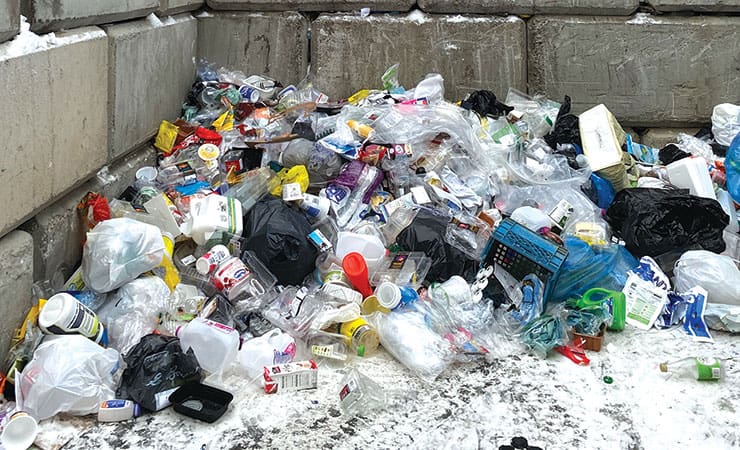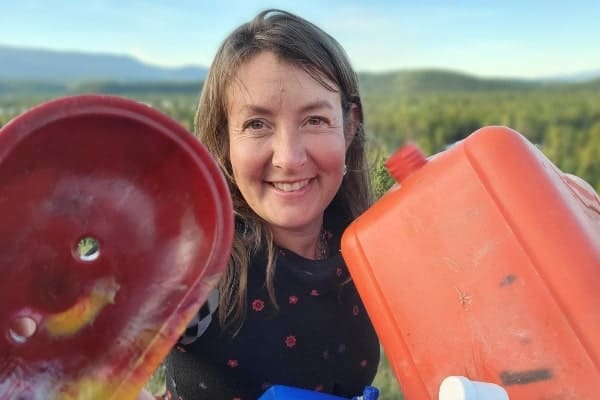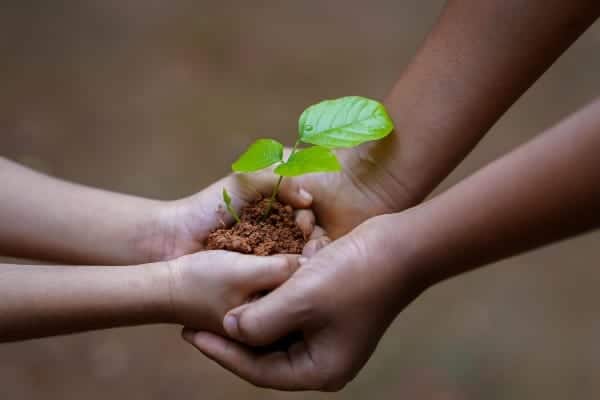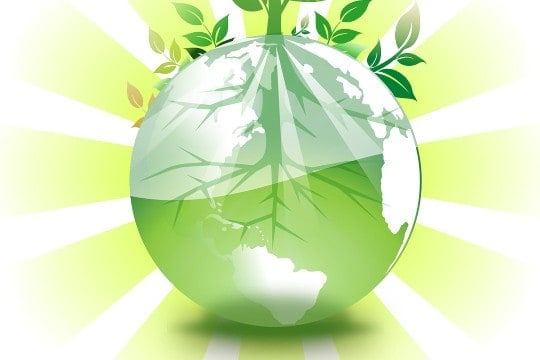
Keeping It Green
Single-use plastic bags are out and reusables are in!
Congratulations, Yukon! After 10 years of painstaking discussion, single-use shopping bags will be banned this year. In the fall of 2020, a quiet milestone passed in the Legislature with an update to the Environment Act (Bill 14) which allows the Government of Yukon to ban both plastic and paper single-use shopping bags across the territory. Following a 60-day consultation period to iron out the specifics, the Yukon will join 76 other countries that have banned plastic shopping bags as early as summer 2021.
The territory will also then catch up to the Yukon communities that have already made local bylaws, including Mayo, Carmacks, and Dawson City. Each took the lead by banning plastic shopping bags on its own. Dawson went even further, banning businesses from providing straws, utensils, and plastic/foam takeout containers and cups.
These bans will no doubt mean some changes to our lives, especially for business owners, but the status quo is proving more environmentally dangerous and expensive by the day. Currently, Canadians throw away 3-million tonnes of plastic waste, of which only 9 per cent is recycled. Globally, the plastics industry emits emissions equal to 189 500-megawatt coal power plants. Plastic production is expected to rise by 40 per cent over the next 10 years. The costs of single-use plastics are also felt locally, as tax revenues are required to support landfill expansions and complex waste management systems. We also bear the environmental burden with increased long-lived plastics in our environment impacting wildlife and human health.
Although action on bags is a good step, it is only a small piece in the challenge of addressing single-use and disposable products. Some materials are more an issue than others, but, ultimately, extracting resources and using energy to manufacture products that are used for seconds to minutes is, at its core, unsustainable. With that in mind, perhaps the most important part of the updated act is that it allows for other packaging products and single-use materials to be regulated in the future. Hopefully this means that the years-long discussion about bags can be accelerated when it comes to banning other single-use products. There is no hint of any government plan to add anything else to the banned list at this time, but it could allow community-driven leadership to pressure political leaders into making more serious restrictions like those in Dawson.
Notably, the Yukon regulation also bans paper bags. This means there won’t be a switch from one type of single-use disposable product to another, which would only result in trading one set of environmental impacts for another. The disposal of plastic bags is challenging and recycling options are few, but switching to paper bags would require more trees to be cut down, increasing our carbon emissions challenges with climate change.
The Yukon Government is not alone with the bag ban; the Federal Government is also banning six types of single-use plastic packaging this year. Introduced under the Canadian Environmental Protection Act, the federal ban lists plastic grocery bags, straws, cutlery, six-pack rings, some takeout containers and stir sticks. The Federal Government has set a target of zero plastic waste by 2030, which is one of the most ambitious targets in the world for waste reduction. This goal is even more notable because of Canada’s sad ranking as one of the top producers of waste, per capita, in the world.
We can celebrate the bag ban as a positive step in a long journey away from disposability to sustainability. Hopefully, the lessons learned in the last 10 years and the global momentum to reduce waste will lead to rapid changes and leadership in the Yukon. As individuals, we can support a zero waste future in small ways by engaging politicians about waste reduction policies, making small changes to reduce our own waste, and supporting local businesses reducing their packaging.
For more information on the updates to the environment Act, go to the Yukon Government website at yukon.ca. For additional resources, contact Zero Waste Yukon at zerowasteyukon.ca.




